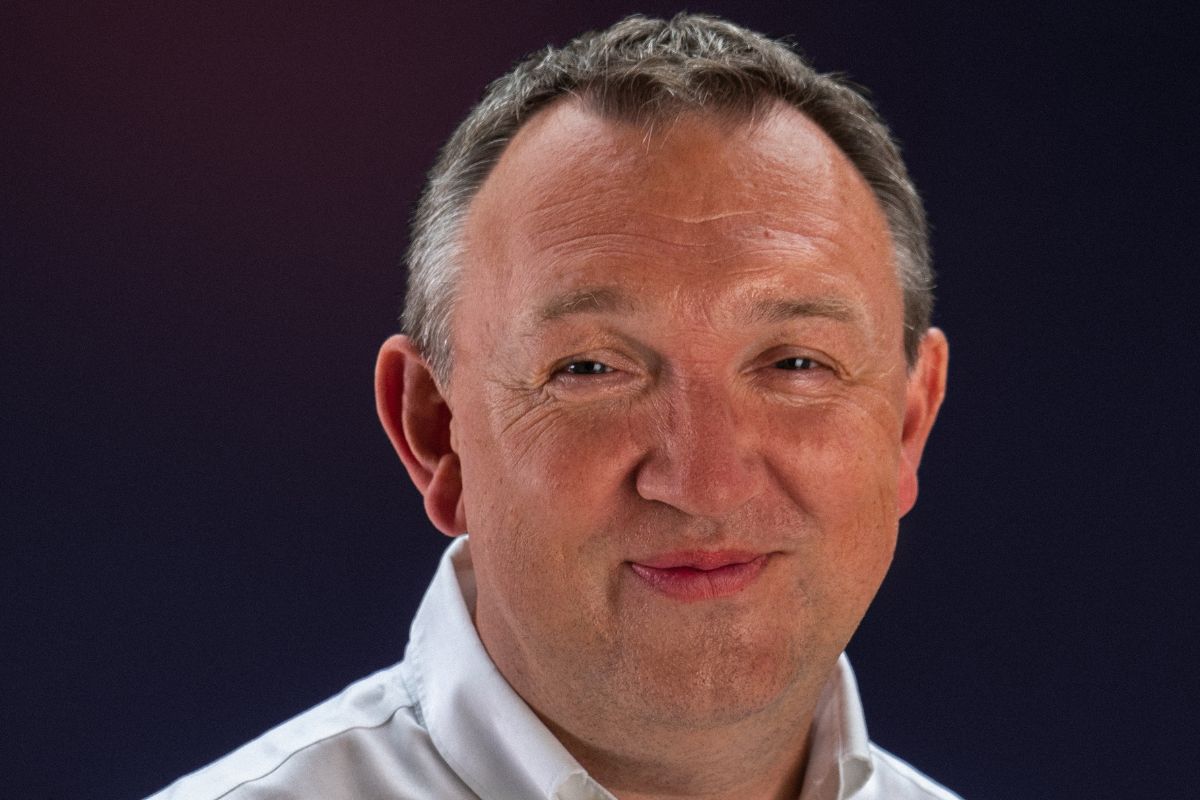Juggling long-term objectives with short-term necessity
I was struck by a comment on a podcast recently, discussing the industrial action in the health service. The contributor was talking about the need to move away from short-term fixes to long-term strategies to effect meaningful change for all parties. It sounds obvious when written down, but as with everything, it needs to be viewed in context. This, for me, is part of the predicament we face when discussing the net zero transition.
I think we have reached a stage where it is widely accepted that we need to change and adapt to help mitigate climate change accordingly. But this is against a backdrop of immediate competing priorities which can sometimes divert from this longer-term goal, with the country stating 2050 (27 years away) is our goal for net zero emissions.
In essence, I think my question is: how do we keep the momentum up on the net zero transition when we are faced with a predicted stark economic environment over the next twelve months? I think the answer, in part, is how we frame the conversation, but also demonstrate that the benefits of lower carbon technology and looking after our natural resources is not just in pure carbon emissions terms, but also has wider health and economic benefits.
The cost of living challenge is obviously having a direct effect on decision making, not just at a government level, but at business, organisational and personal level as well. So, when we are faced with the prospect of making a change that might not ultimately pay off for a number of decades, it could be easy to put off taking action.
However, the warning signs remain, and we don’t have as much time as we think to address this issue.
The Met Office have confirmed that 2022 was the UK’s hottest year on record. This was not just the record temperatures of the summer which saw us break 40C for the first time (the highest temperature recorded at 40.3C in Lincolnshire) but the fact that the average temperature was more than 10C for the first time. This led to dried-up rivers, damaged crops, and fuelled wildfires.
So, we know we need to act.
Buildings are one of the biggest UK emitters, and the decarbonisation of heat poses one of our biggest net zero challenges. Therefore, we need to adapt and change to prevent this change in our climate and these more extreme weather patterns. But we know the transition costs money and comes with an impact on operations and on how people live their lives when we are already living through a period of stagnant economic growth, with a direct impact on people’s finances through high energy prices.
In housing I often talk about the dual challenge – of building new homes and buildings that are low to zero carbon in operation – and the retrofitting of the existing up to 29 million homes which will be in place in 2050 and will need to be made more energy efficient. Both are big challenges, and both need to happen.
And, when we ask for more money to tackle energy efficiency when the cost of energy is the cause, it can make for a challenging predicament, especially when dealing with consumers, tenants, and residents. This requires careful management of long-term objectives and short-term needs to ensure we do not lose the momentum we have begun to build on effecting the transition.
However, I am always taken by the enthusiasm in the sector to tackle this dilemma. What we need at all levels of the net zero transition (not just housing) is bold and courageous leadership to act. But that leadership is not restricted to just chief executives, we can all be individual leaders. This is not just a business issue, the way we live our lives will also have to adapt.
It is also understanding that the answer does not have to happen overnight. I have taken up saying it is called a transition for a reason. We will get to the end outcome in a series of steps and over a period of time, but there are small changes we can continue to make now that will cumulatively build to make a big impact.
This can be changing from a petrol/diesel car to an electric/hybrid, it can be recycling more, it can be moving to a more plant-based diet, it can be changing your fossil fuel-based heating, it can be insulating your property, it can be cutting back on flying, it can be using public transport more. The point is there is no one right answer. It is a culmination of all these things (big or small) and more that will make the real difference. And it is not a race. There is no prize for getting to net zero first, indeed we only succeed when everyone reaches the same destination because we all share the same environment and resources. Therefore, central to our belief here at Unlock Net Zero is that we only succeed when we work together to make this transition a practical one.
That means reflecting on the actions that we take to deliver on the transition can also answer short- term challenges. Better built homes employing low carbon technology and better insulated properties can provide benefits beyond just carbon savings. Undertaking work now can lead to warmer, better ventilated homes, with the health benefits that brings. More energy efficient homes can help reduce bills, not just for this year but for coming years as well.
No one is saying any of this is easy, far from it. But the ability to address long-term objectives and short-term challenges is a prize worth pursuing. We should not place things in silos, rather look to understand the interconnected nature of the net zero transition and make changes today for a better tomorrow.


